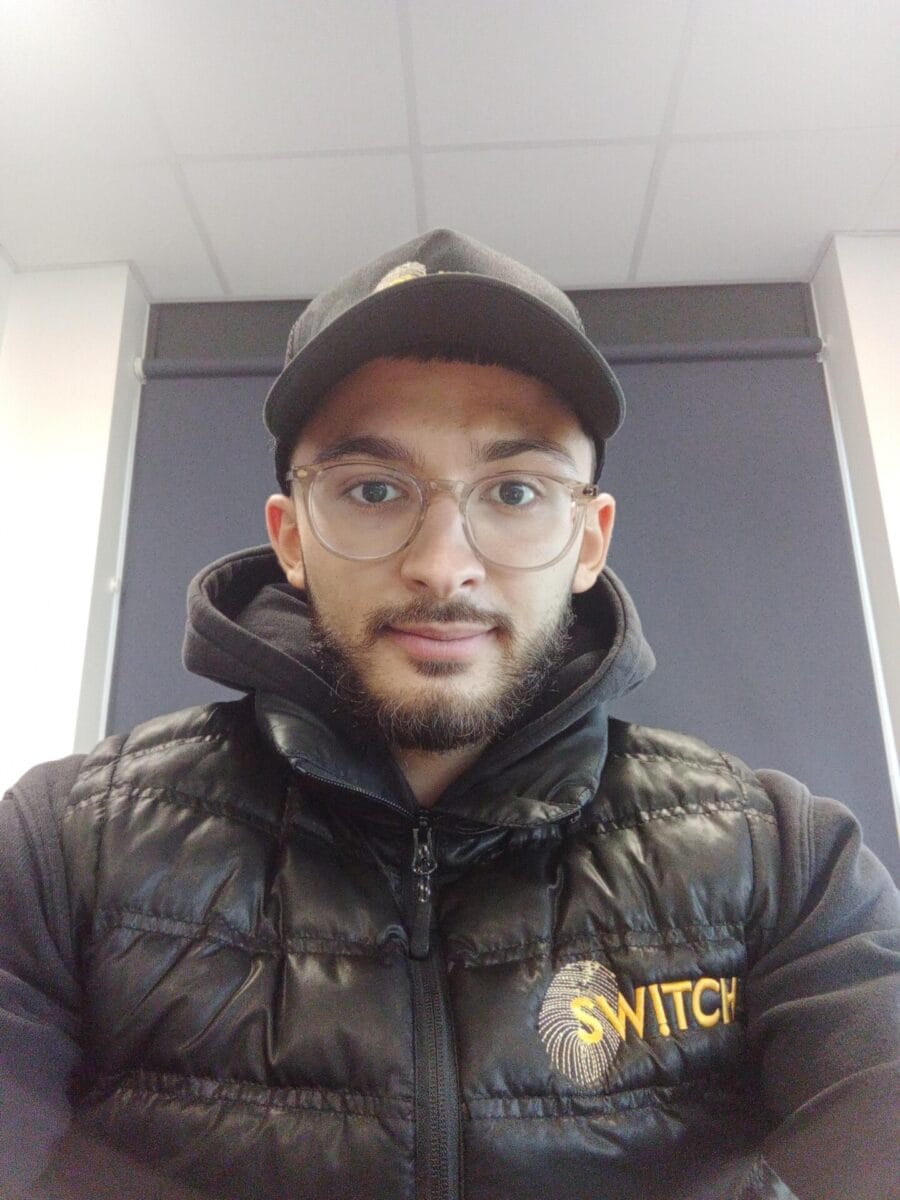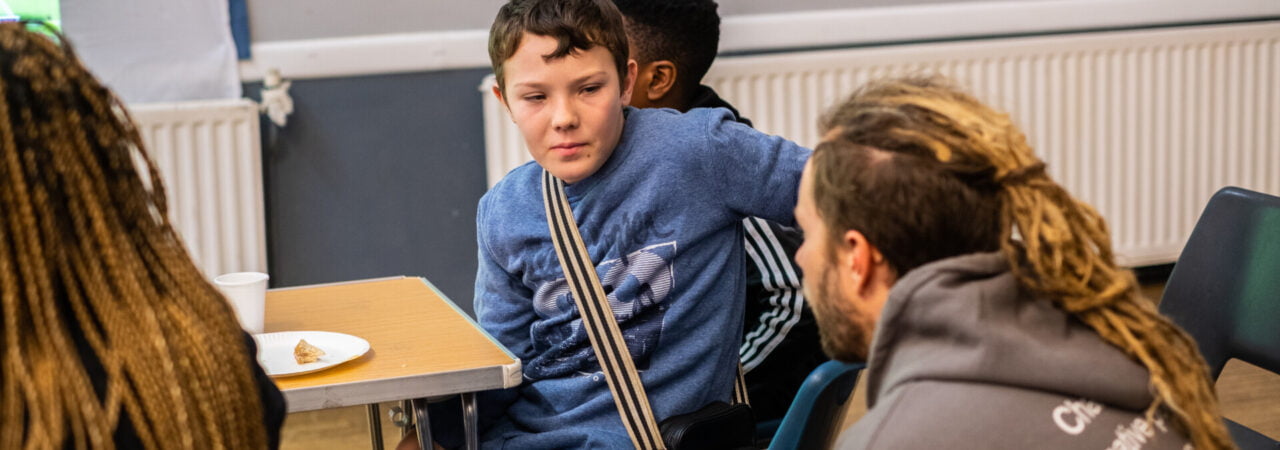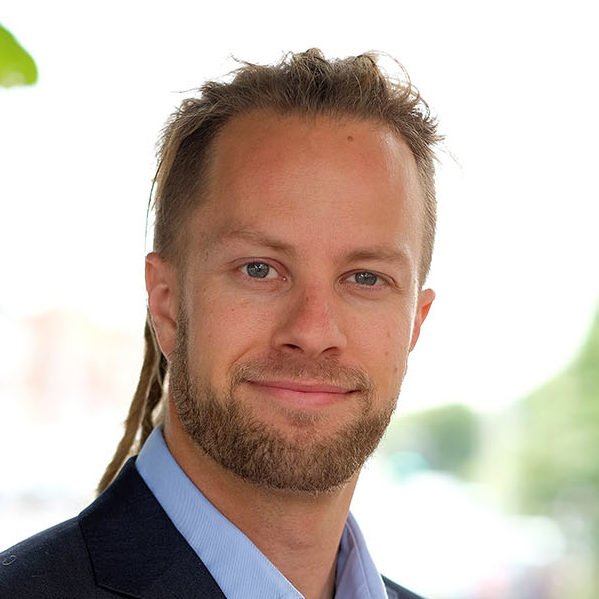Most of us have had someone who helped shape who we are today. For me, that person was my mentor. Mentors can be family members, friends, or colleagues, yet they often go unnoticed—true unsung heroes in our lives.
Last Sunday was National Mentoring Day, a chance to celebrate the achievements of both mentors and mentees. It’s also a great reminder to reflect on the impact of mentoring and how it impacts young people, communities and organisations like LifeLine Projects.
In 2022, I wrote a piece called My hero and mentor about Richard Cole, the man who shaped my life in ways I could never have imagined. Richard was more than just a mentor—he had a vision for me. He encouraged me to help others help themselves, a lesson I carry with me to this day. I believe that mentoring has the power to change lives, and that’s something worth celebrating.
Why do we need mentors?
Young people today face incredible pressure when it comes to making decisions about their future. Some are lucky enough to have a support system, but many do not. In an age where so much communication happens online, face-to-face connections are more important than ever. Many young people feel isolated, even if they’re constantly connected via their phones.
But it’s not just young people that benefit from mentors. I still draw from professional and personal mentors and I feel, as a mentoring organisation, that this is an important practice to ensure we can recommend mentoring to others with integrity.
Why is mentoring so important?
Because some young people don’t have that experienced, trusted person in their life to guide them. A mentor provides the encouragement and motivation that can make all the difference in their journey. They’re the person who believes in them when they’re struggling to believe in themselves.
A mentor is not perfect—they just need to be a step ahead of you in an area of their life. And you need to be humble enough to accept their input and recognise that they’re ahead of you. In my adult life, I often have peer mentoring relationships/friendships where they might be ahead of me in some areas, but I’m ahead of them in others. Through this walk of humility, we can help each other.
How do mentors help?
A mentor walks alongside a young person, offering guidance and support as they face life’s challenges. A mentor listens; they help young people talk about their goals and dreams, offering advice and clarity when things seem uncertain. Mentors don’t tell young people what to do—they help them think through their options and discover the best path forward. This relationship builds trust and provides a sense of direction.
As an adult with a mentor, I find my mentor’s perspective helpful as they are outside of my situation. They can offer wisdom from an objective point of view. This lack of emotion can provide greater clarity which we can’t see ourselves when we are too close to what’s going on.
How does mentoring help LifeLine?
Mentoring isn’t just about helping the young people we support—it also strengthens our organisation as a whole. When our mentors work with young people facing complex issues, it benefits LifeLine. As mentors gain valuable insights and new perspectives it not only makes them better mentors but also helps them grow as colleagues. They improve their leadership and communication skills.
What are the longer term benefits of mentoring?
One of the most rewarding things about mentoring is seeing the cycle it creates. I’ve witnessed this firsthand—mentees often grow to become mentors themselves. This cycle of learning and growth is crucial in building stronger communities. It’s a ripple effect that keeps giving.
Mentors help us change for the better. They show us what’s possible and help us find the best in ourselves. They care about our communities, they’re there when we need them, and their encouragement motivates us to keep going.
What is LifeLine's model for mentoring?
At LifeLine Projects, we believe in the power of mentoring to transform lives. It’s not just about helping one person; it’s about creating a cycle of positive change that strengthens everyone involved and creates a more positive community.
Our Youth Development Workers deliver a programme of mentoring and activities designed to give young people a brighter future. Here’s how we do it:
- One-to-one mentoring: We offer weekly sessions in schools or the community, helping young people build trust with their mentors while gaining confidence and control over their future.
- Engaging activities: Through group activities—both physical and creative—we create safe, positive spaces for young people to learn new skills and make friends.
- Fostering agents of change: Our SW!TCH Ambassadors programme helps young people with leadership potential develop the skills to drive change in their own communities.
- Co-designed solutions: We work closely with each young person to create a personalised plan, ensuring their unique needs are met and their mentoring journey is successful.
As I reflect on my own experience with mentoring, I’m reminded that it’s not just about giving advice. It’s about sharing a vision, building trust, and helping others discover their potential. That’s what Richard did for me, and it’s what we strive to do every day at LifeLine Projects.
Elliot, mentee
How did having a mentor change how you think about your future and goals?
I think it was very supportive. It’s really hard to predict what’s going to happen in the future. And I feel like having a mentor is very rewarding because it can help you build and grow, guide you in the right direction.
How has a mentor helped you discover something new about yourself?
My mentor helped me understand how good a chance I had. I think it helped me understand the other side. We may not necessarily agree on something, but through listening and understanding and hearing what you have to say, I can then understand your perspective, even if I don’t necessarily agree.
What do you like most about meeting with your mentor?
Initially I thought it was like a cheat code to get out of Science. But I think it’s been very beneficial and positive. We met in the very early stages of my moving here when I didn’t know many people. And I feel that meeting someone from a completely different background and actually building a relationship benefited me greatly, especially with my ability to communicate.
When I first came here, I was terrified of people and crowds. I couldn’t talk in front of people—the thought of it terrified me. I remember we did a presentation in Year Ten and I was literally shaking; it was a mess.
And I feel like building that relationship early on, and progressing slowly was great and helped me to build and grow and made it easier for me to talk.
What would you say to someone thinking of getting mentored by LifeLine?
I think they’d be stupid not to, really. Even if you think your life is all sunshine and rainbows, it’s very important to have someone in your corner.
Someone that’s not there to tell you that you’re right and everything that you do is perfect, but someone to keep your ego in check almost. Especially when you’re young, you may think you’re always right, so just having that person that can guide you and help you figure out if what you’re doing is right or wrong is great.
It is so very helpful. You might not see it when you’re still young, but when you look back on it, it’s a very useful thing to have done because it makes you less egotistical and selfish and makes you more of a approachable person.
Michael, mentor


How do you start building a good relationship with your mentee?
Building a strong relationship begins with trust and open communication. I start by getting to know my mentee, asking about their interests, experiences and life in and outside of school. I make sure to listen actively and show genuine curiosity about what they have to tell me. It’s helpful to set clear expectations for their mentoring journey and create a supportive environment where they feel comfortable sharing their challenges and dreams which then helps us set long-term goals.
How do you encourage a mentee to aim high but still respect their own pace of progress?
I encourage mentees to dream big by setting both ambitious long-term goals and achievable short-term milestones. We regularly review progress on a weekly basis and make them appreciate their own achievement which gives them a sense of hope. This helps balance ambition with a realistic understanding of their pace, so they don’t feel overwhelmed or discouraged. I emphasize that mentoring is a personal journey, and comparing themselves to others can hinder their own journey
How do you stay consistent and reliable as a mentor?
Consistency comes from staying in contact on a weekly basis and keeping in contact during school breaks. I make sure to follow through on any commitments I make to my mentees and keep communication open. Being honest about my limitations and transparent about my availability also helps set clear expectations.
How important is listening in your role as a mentor? How do you make sure your mentees feel heard?
Listening is critical as a mentor because it helps you understand the mentee’s true needs and goals. To ensure they feel heard, I practice active listening by paraphrasing their words, asking clarifying questions, and validating their feelings. This creates a safe space for them to express themselves.
How can you tell when a mentee has found a clear sense of purpose and direction?
I can tell when a mentee has found clarity in their goals by observing their conversations and their mentality towards their education and personal life, this will shift from uncertainty to a sense of direction. They start setting goals with confidence, seeking out opportunities proactively, and exhibit more intrinsic motivation.
How has being a mentor affected you personally and the way you think about relationships?
Being a mentor has affected my personal growth, especially in how I approach relationships. It has taught me the value of patience, empathy, and the power of listening. Helping others achieve their goals has also made me more reflective about my own path, reminding me of the importance of ongoing personal development.



